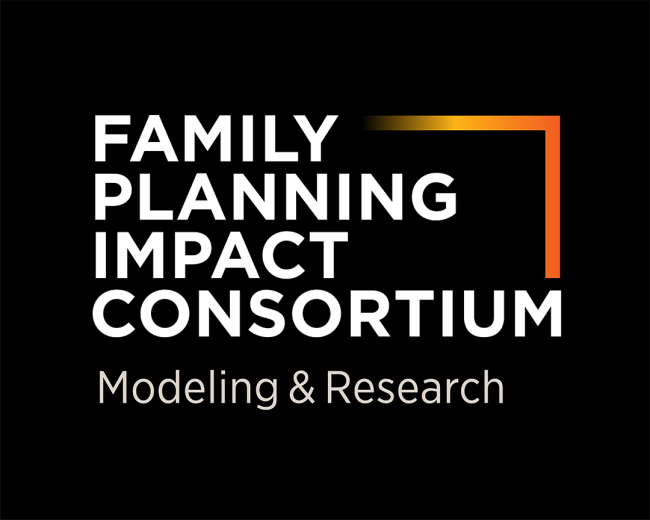The Guttmacher Institute released the latest Adding It Up estimates at the International Conference on Family Planning, including more person-centered measures of contraceptive use and need, and highlighting the transformative impact of fully meeting sexual and reproductive health needs in low- and middle-income countries.
Global Contraception
Featured
Adding It Up

Adding It Up is an ongoing Guttmacher Institute project that estimates the need for, impact of and costs of investing in contraception, maternal and newborn care, abortion care and STI treatment across 128 low- and middle-income countries (LMICs).
Interactive tool to estimate the health benefits of family planning investments in LMICs, at the country, subregional or regional level.
A report on women of reproductive age in 128 LMICs, presenting new, more person-centered estimates of the need for contraceptive care, including current use and future interest.
This fact sheet outlines the need for, impact and costs of fully investing in contraception, maternal and newborn care, and STI treatment in LMICs in Latin America and the Caribbean.
This unique tool provides detailed profiles on the need for, impact and costs of investment in sexual and reproductive health services in each LMIC.
Just the Numbers: Showing the Impact of Donor Investments in Family Planning
These analyses highlight a particular country’s foreign assistance for sexual and reproductive health care, including family planning and HIV services and programs, and calculate how any changes to that funding will affect health outcomes in LMICs.
Family Planning Impact Consortium: New Evidence for Social and Economic Development

Family planning has tremendous benefits, but some of these outcomes have been difficult to quantify. The FP-Impact Consortium’s innovative modeling generated new estimates of the socioeconomic effects of family planning for women in low- and middle-income countries, demonstrating that investments in family planning deliver concrete economic payoffs to women and their families.
Research teams from the United States, West Africa and Europe developed a suite of flexible statistical models that account for the diversity and complexity of women’s lives.
Tool developed to help policymakers and advocates understand how family planning affects women’s economic outcomes.
Measuring Global Contraception
Guttmacher’s latest work on family planning measurement, capturing people’s preferences, needs and desires, and barriers to access.
A person-centered approach to family planning measurement assesses individuals’ own preferences, needs and desires, and the extent to which those are being fulfilled. A person-centered measurement approach needs to be complemented with other measures that consider the barriers that may impede individuals’ ability to fulfill their needs and preferences, including social, economic, legal and policy constraints.
Shaping the Conversation
Explore our latest policy analyses and see where our experts are shaping conversations through events and media.
Key Terms
Contraception, or birth control, is any medication, device, behavior or procedure that allows an individual to choose if and when to become pregnant. Some contraceptive methods can also be used to address and treat a variety of medical conditions that are not pregnancy related.
As defined by the World Health Organization, family planning “allows people to attain their desired number of children and determine the spacing of pregnancies…through use of contraceptive methods and the treatment of infertility.”
Explore Guttmacher’s Global Contraception Resources
The Guttmacher Institute conducts research and policy analysis on family planning or birth control use, access, policy changes and legal challenges at the global, regional and country levels.
Explore all our resources on global contraception, including peer-reviewed research and policy analyses.




